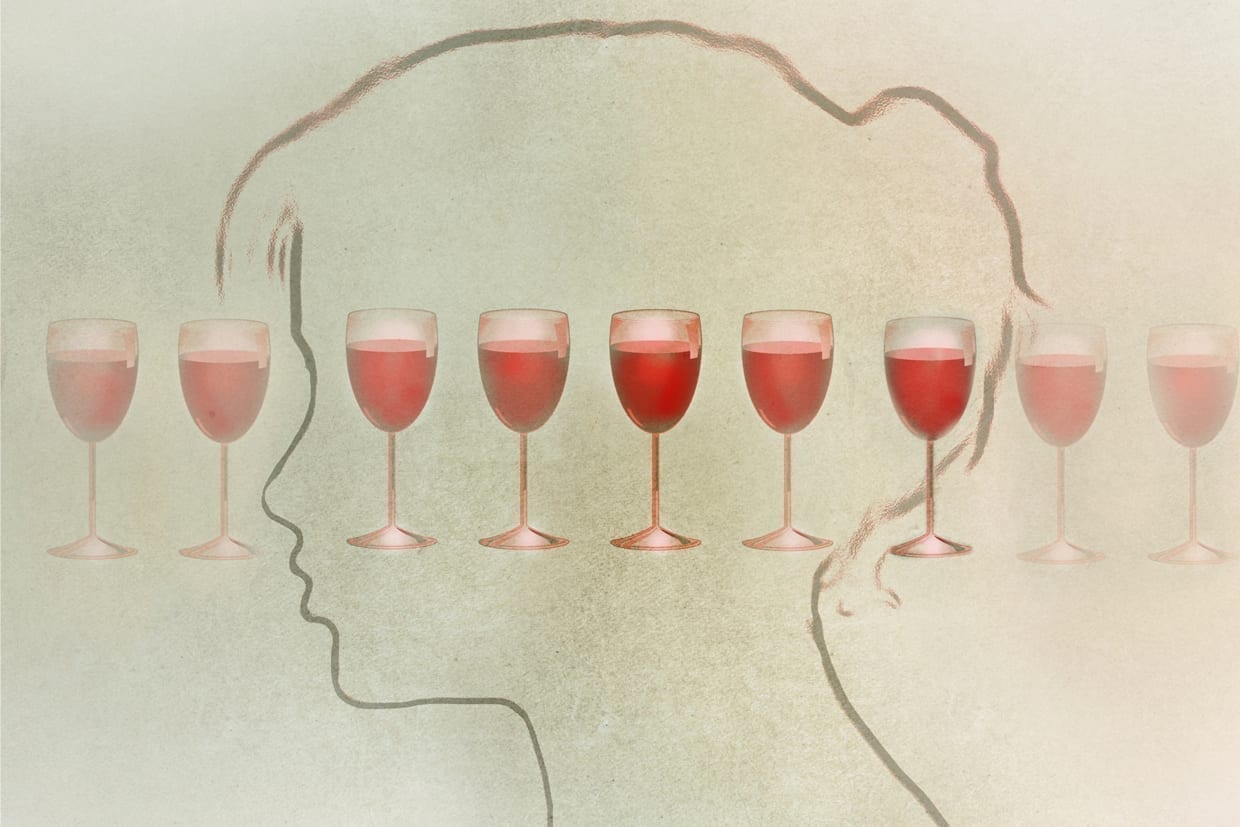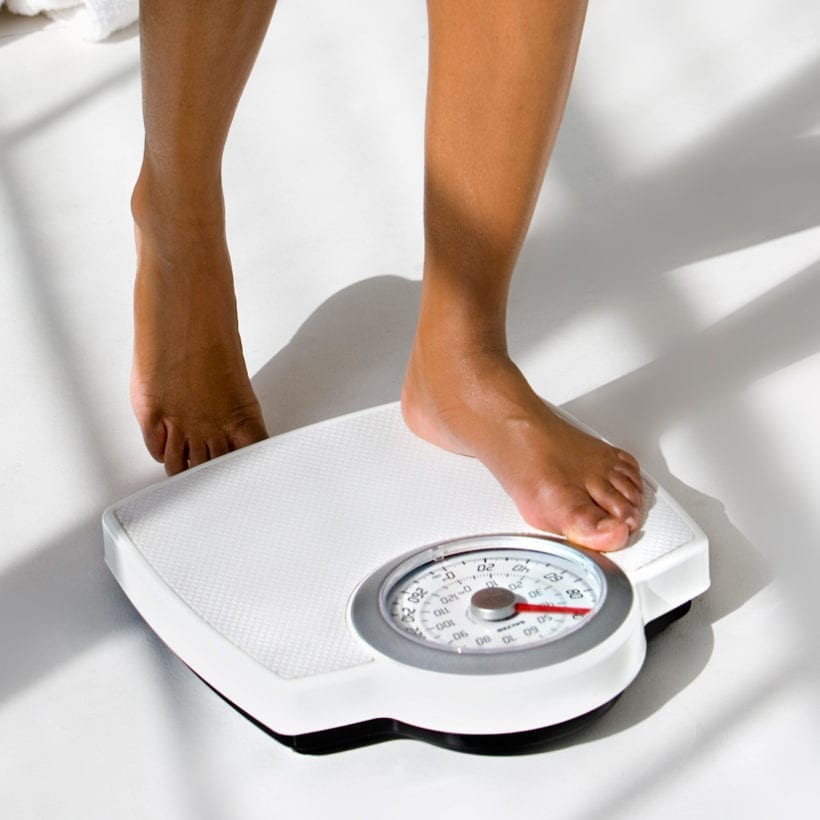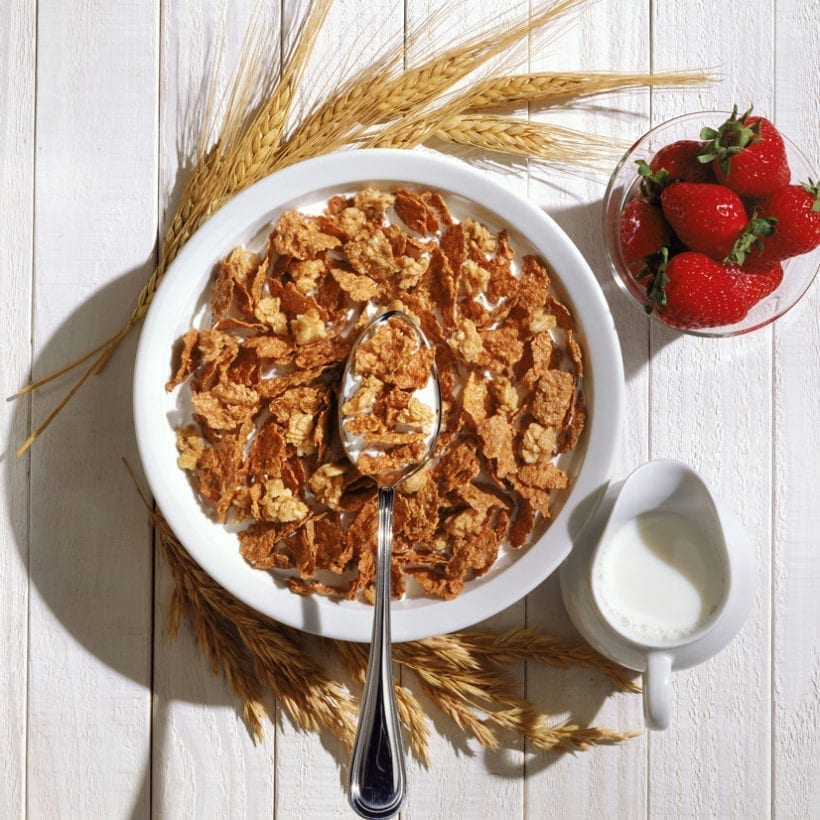Healthy is the new sexy! Seventy-five percent of Gen Z members interviewed in a Red Brick Road and Opinium survey say that alcohol is no longer the answer to enhanced performance, but rather a threat to productivity, holistic health and fitness goals. And 49 percent of Gen Z see working or studying as their priority, not going out for drinks.
The latest figures show that one in three people aged 16-24 never drink alcohol or at least drink less than previous generations. May they have the answer to long-term health and wellness? Even easing off alcohol for just one month has been shown to have a positive influence on your health.
So, take a cue from Gen Z, and see exactly what happens to your body after you drink. A dietician explains how alcohol impacts your health, short-term, and long-term and even counteracts some of your fitness results.
A Weakened Immune System
When we drink too much or too often, our immune system gets depressed because alcohol causes the production of free radicals — unstable atoms that can contribute to oxidative stress and cellular damage — in the body. But what is too much or too often? The National Institute of Health (NIH) says it is more than three drinks per woman or four drinks per man on any given occasion, or seven drinks for women and 14 for men in a week.
The National Institute of Health says more than three drinks per woman or four drinks per man in any given occasion is too much.
Alcohol has been shown to overexert immune pathways in the body, which makes it harder for our bodies to fight off infection. In general, people who make a routine out of alcohol consumption show higher susceptibility to infectious diseases like pneumonia and other respiratory disorders, as well as a greater likelihood of postoperative complications and slower wound healing. “Our bodies are busy getting rid of these toxins [from alcohol] instead of fighting off potential infections,” says Erin Brown, R.D., a dietician in Vancouver, Canada. And of course, you will not be making huge fitness #gains if your body is too busy fighting off free radicals.
And according to a study at Loyola University Chicago Stritch School of Medicine, even one single binge-drinking episode — binge drinking is defined by the NIH as a scenario where women consume four or more and men consume five or more drinks in two hours — significantly disrupts the immune system. There is also evidence that binge drinking complicates recovery from physical trauma caused by burns, hemorrhagic shock and traumatic brain injury by affecting immune homeostasis.
A Disrupted Diet
“Because alcohol is a depressant, it affects our self-confidence, how we feel about our bodies and therefore could affect our diet choices,” says Brown.
But it goes beyond that. A study found that the desire to eat after drinking may be due to the fact that alcohol heightens the senses, which increases our sensitivity to the smell of food. Another study found that even moderate drinkers make poorer dietary choices on days they drink and also caused people to eat more, in general. “Having a hangover can sometimes have you reaching out for those high-fat, high-salt foods, which if we’re drinking repeatedly and choosing those types of foods many times a week could definitely have a negative effect,” Brown adds.
And alcohol itself contributes calories, which are metabolized in a similar way to carbohydrates. Exact calories will vary by alcohol choice and added ingredients, of course, but can range anything like 110 calories for a glass of white wine to 150 calories for a full malt beer. A shot of liquor like whiskey is close to 100 calories.

A Slower Metabolism
When alcohol is consumed, it is burned first as a primary source of fuel — thereby having a negative effect on weight management. This includes glucose from carbohydrates and lipids from fat.
Our body can’t store alcohol as it does fat or carbs, so metabolizing it requires oxidizing ethanol and turning it into carbon dioxide and water via a process called the citric acid cycle.
“Over time, alcohol interferes with our absorption of B vitamins, which are at the center of all metabolism, particularly thiamine, folic acid and vitamin B12,” say Brown. “If those don’t get absorbed well, this can cause metabolic changes.” If our body is in a constant state of inflammation, our metabolism slows down. In the long-term, Brown has seen this contributes to more wasting of muscle mass and fat mass.
A Lack of Sleep
Though drinking can make us feel sluggish at the moment, it is proven to interfere with deep, restful sleep. A study in Alcoholism: Clinical & Experimental Research found that drinking before bed increases alpha wave patterns in the brain, which is the brain wave pattern that indicates wakefulness with eyes closed, and usually comes before actual sleep. In other words, you are getting really shallow sleep and not reaching rapid eye movement sleep (also known as REM, the deep restorative sleep that your brain needs). And while you can’t make up for the alcohol-inducing poor quality sleep, once alcohol is out of the picture, expect to catch better and deeper Zzzs.

A Risk For Long-Term Diseases
“You also increase your risk for pancreatitis, which is basically inflammation of your pancreas, which can potentially be life-threatening,” says Brown. “And of course, the pancreas [is] what secretes insulin, so if our pancreas [is] constantly inflamed, that could potentially contribute to Type II diabetes in the long-term.”
Eating too many calories from alcohol intake can also harm our liver long-term because it can cause fat deposits in the liver, which in the long-term affect our liver function (to store glycogen, the stored form of glucose). When you drink alcohol, your liver has to work to remove it from the blood instead of working to regular blood sugar, or blood glucose.
Drinking alcohol increases our risk of cancer in the long-term. “Particularly cancer of the mouth, the esophagus and the stomach. If we look at women who have one standard drink per day versus women who regularly have three standard drinks per day, those who have more are twice as likely to have high blood pressure, and more than 50 percent more likely to have breast cancer,” says Brown. “So, there’s a relationship.”
We only recommend products we have independently researched, tested, and loved. If you purchase a product found through our links, Sunday Edit may earn an affiliate commission.







